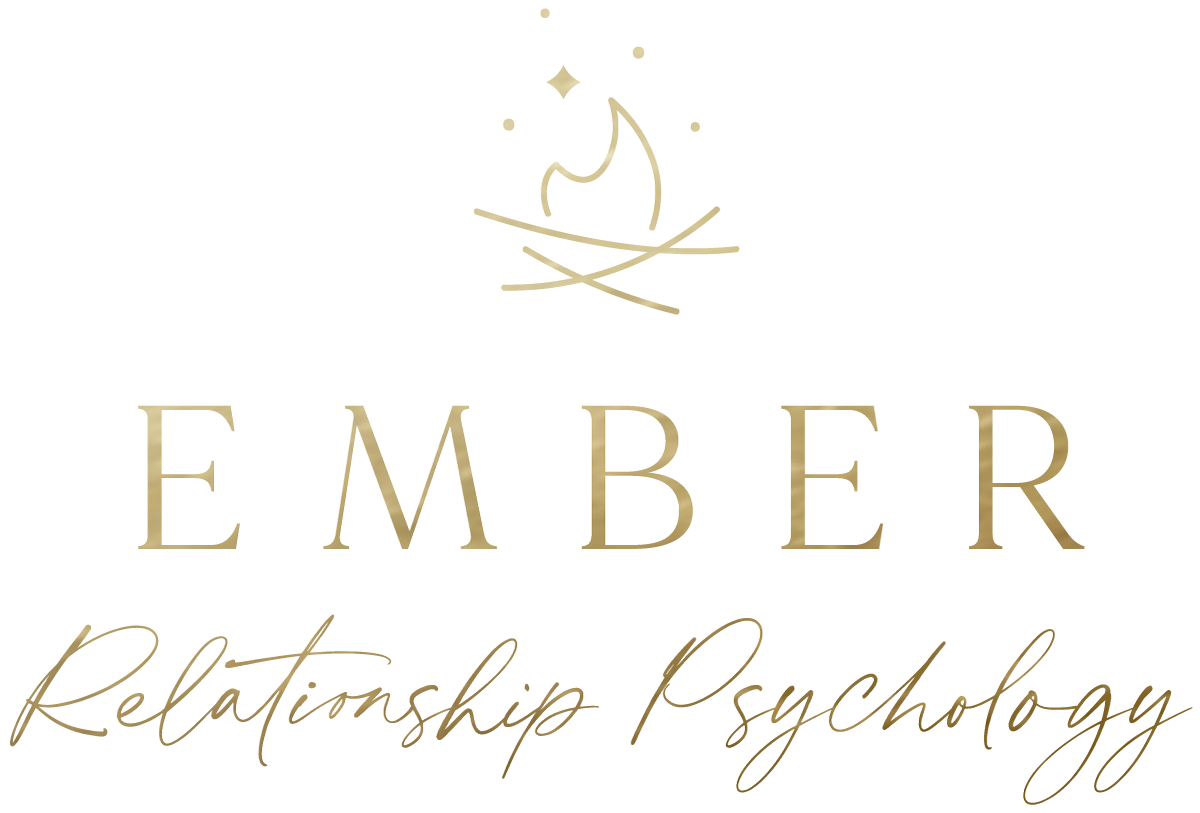4 Tips to Stay Ahead of Your Next Argument Without Walking on Eggshells
by Amber Dalsin, M.Sc., C.Psych.
No one wants to get home from work and tiptoe around potential land mines. I bet you want your home to be a place of peace, relaxation, and comfort…
… not the war that comes from another blowout fight with your partner.
A great relationship takes work. As they say ( I don’t know who says this, but someone wise) “the grass is greener where you water it”.
Together, you and your partner need to come together as a team to address the hard issues. Whether it’s touchy topics like sex, parenting, communication, finances, or the in-laws, learning to communicate without blowing up is key.
Meyer, D., & Sledge, R. (2021) found that dysfunctional conflict is the biggest predictor of divorce. I hope this motivates you to learn to have more functional and productive conflict so you can protect your relationship, nurture your love, and have peace at home.
Here are 4 tips to help you have more functional conflict and stop walking on eggshells.
1. Prioritize
Make decisions to prioritize your relationship and prioritize happiness by making small sacrifices to preserve the peace. Yes, your relationship needs to be a priority. This means picking your battles sometimes. Other times it means speaking respectfully even when you’re very upset.
2. Improve
Improve the overall mood of your relationship by telling each other positive words, going on dates, and intentionally doing nice things for each other. The more positive overall the relationship is typically the better the communication goes.
Happier couples are better able to give each other the benefit of the doubt when they are upset. They typically are kinder in conflict and make more repairs. Think of it as watering a plant from the seed. A flower doesn’t bloom right away, but with consistent water and sunlight eventually, you will see the flower. It comes from consistent positive actions that promote growth.
As you improve the mood in your relationship, you might not get immediate results and less conflict…
… hopefully, as time passes, and the climate improves the conflict will quiet down.
3. Express
Express yourself neutrally and respectfully. Be aware of the communication tactics that are most likely going to cause a fight. If you start a fight with blame or criticism, most people respond to blame by defending. You need to think about how you express yourself without blaming accusing criticizing your partner.
4. Schedule
Set aside time to talk about the issues. This can be logistical things, small hurts, or big resentments.
Think of this as running the business of your relationship. This is where you sit down and address the issues to keep the business running smoothly. Like any business, if you keep leaving the problems to pile up, eventually you will be overwhelmed and bogged down by it all.
This way the issues will have a time and place to be addressed. When you are out enjoying a romantic dinner and you’re reminded of that resement you don’t need to spoil the lovely moment. Instead, you can set yourself a reminder and bring it up at your next meeting.
Implementing these tips can help you have more harmony and a deeper connection in your relationship.
This blog is not meant to be a substitute for couples therapy or relationship counselling. This should not be construed as specific advice. See a relationship therapist in your area to address your specific problems.


